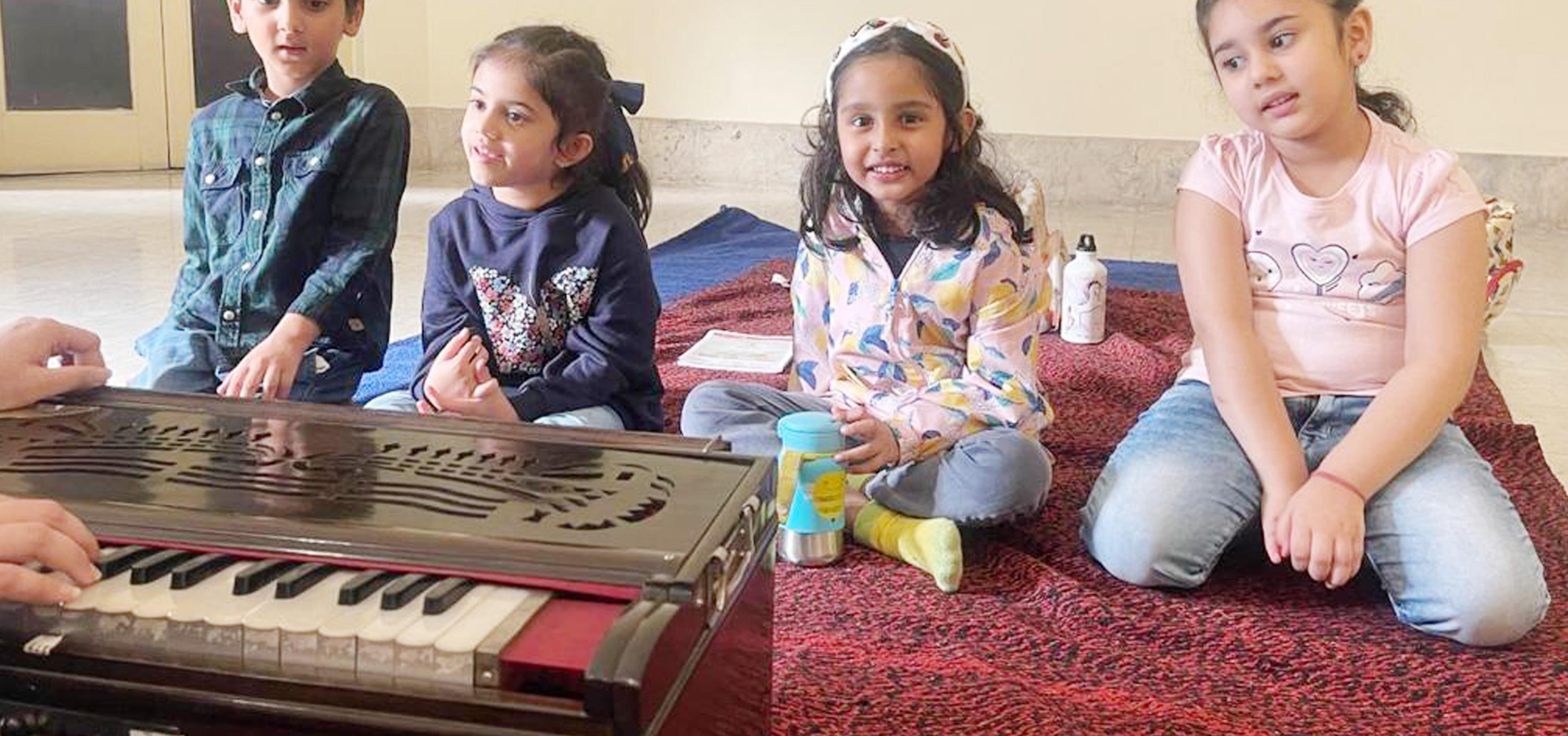Music is an integral part of the Montessori curriculum, providing opportunities for children to develop their musical skills and creativity. Through a range of activities, including singing, playing instruments, and listening to music, children can explore different aspects of music and develop a lifelong love for the art form. One important element of music education in Montessori is vocal drills.
Overview on Vocal Drills
Vocal drills are exercises that focus on developing the vocal abilities of children. They involve a range of techniques, such as breathing exercises, vocal warm-ups, and pitch and rhythm exercises, designed to improve children’s singing abilities and overall musical skills.

Importance of vocal drills
In Montessori, vocal drills are introduced at a young age to encourage children to develop their vocal abilities and explore their musical potential. The activities are carefully designed to be engaging and fun, helping children to learn through play.
Breathing exercises are an essential component of vocal drills. Children are taught to take deep breaths and exhale slowly, building lung capacity and control. These exercises are important for developing the breath control necessary for singing and playing wind instruments.
Warm-up exercises are also a crucial part of vocal drills. They help to prepare the voice for singing and prevent injury or strain. These exercises can include humming, lip trills, and vocal scales, and are designed to warm up the vocal cords and improve tone and pitch.
Pitch and rhythm exercises are another essential element of vocal drills. Children learn to match pitch, sing in tune, and follow a beat. These skills are important for developing a sense of timing and musicality and are the foundation for more advanced musical skills.
In addition to developing musical skills, vocal drills also have cognitive and social benefits. By participating in group singing activities, children develop their listening and communication skills, as well as their ability to work together as a team. The exercises also promote language development and memory skills, as children learn new songs and lyrics.
Overall, vocal drills are a valuable component of music education in Montessori, providing children with the opportunity to develop their musical abilities, creativity, and social skills. Through engaging and fun activities, children can explore their love for music and develop a lifelong appreciation for the art form.

